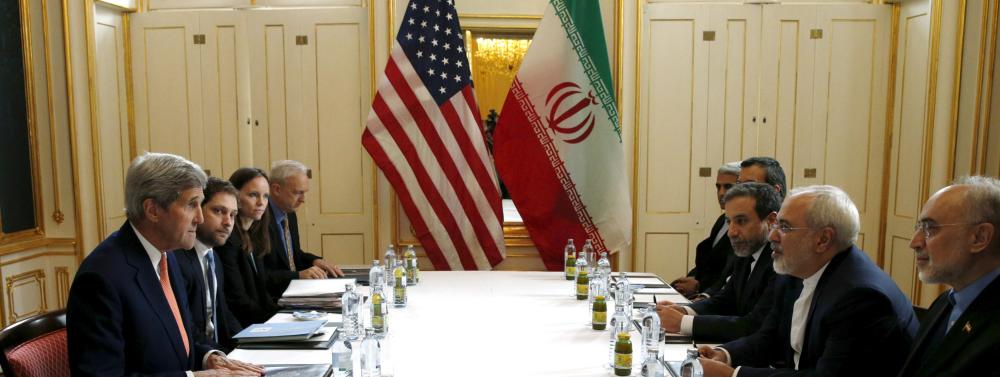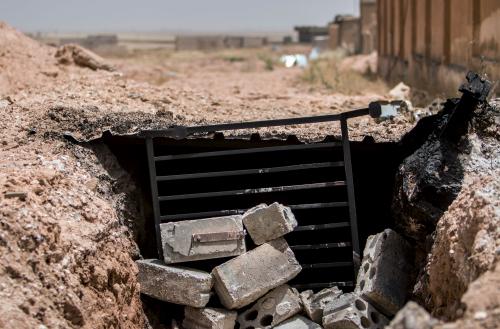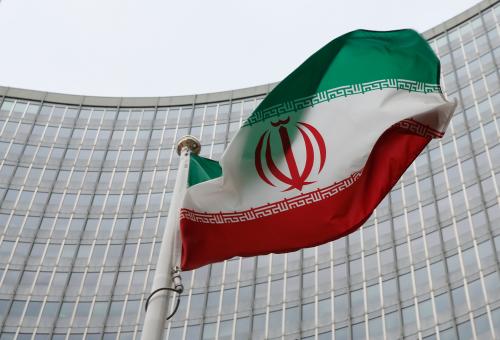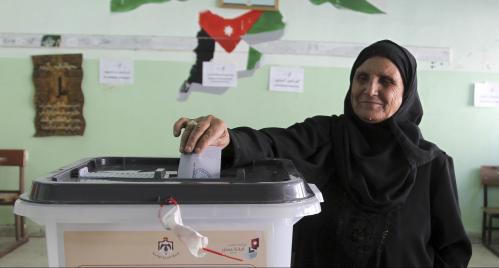
Iran
“Fix” the Iran deal, but don’t move the goalposts
For more recent analysis by Brookings experts on politics in and policy toward the Middle East—and other foreign policy topics—check out our Order from Chaos blog.



